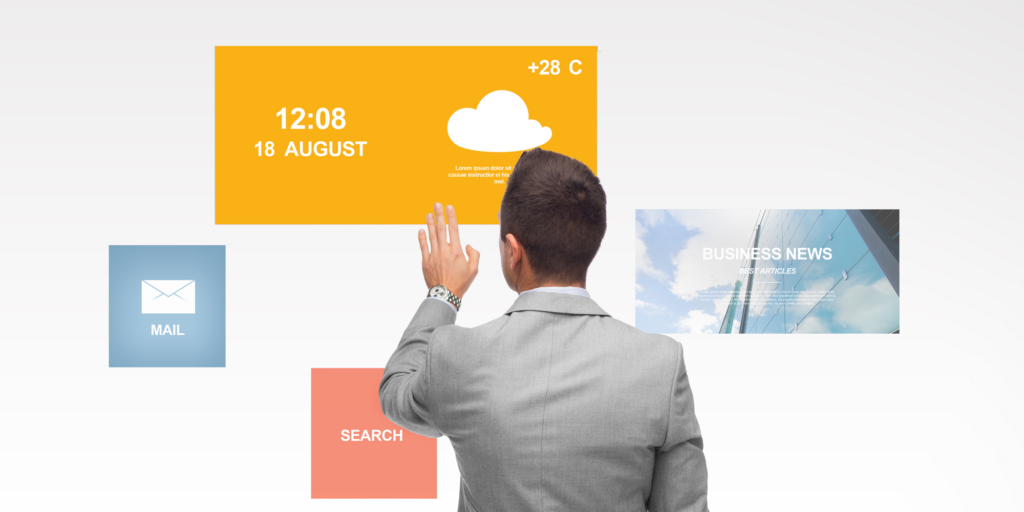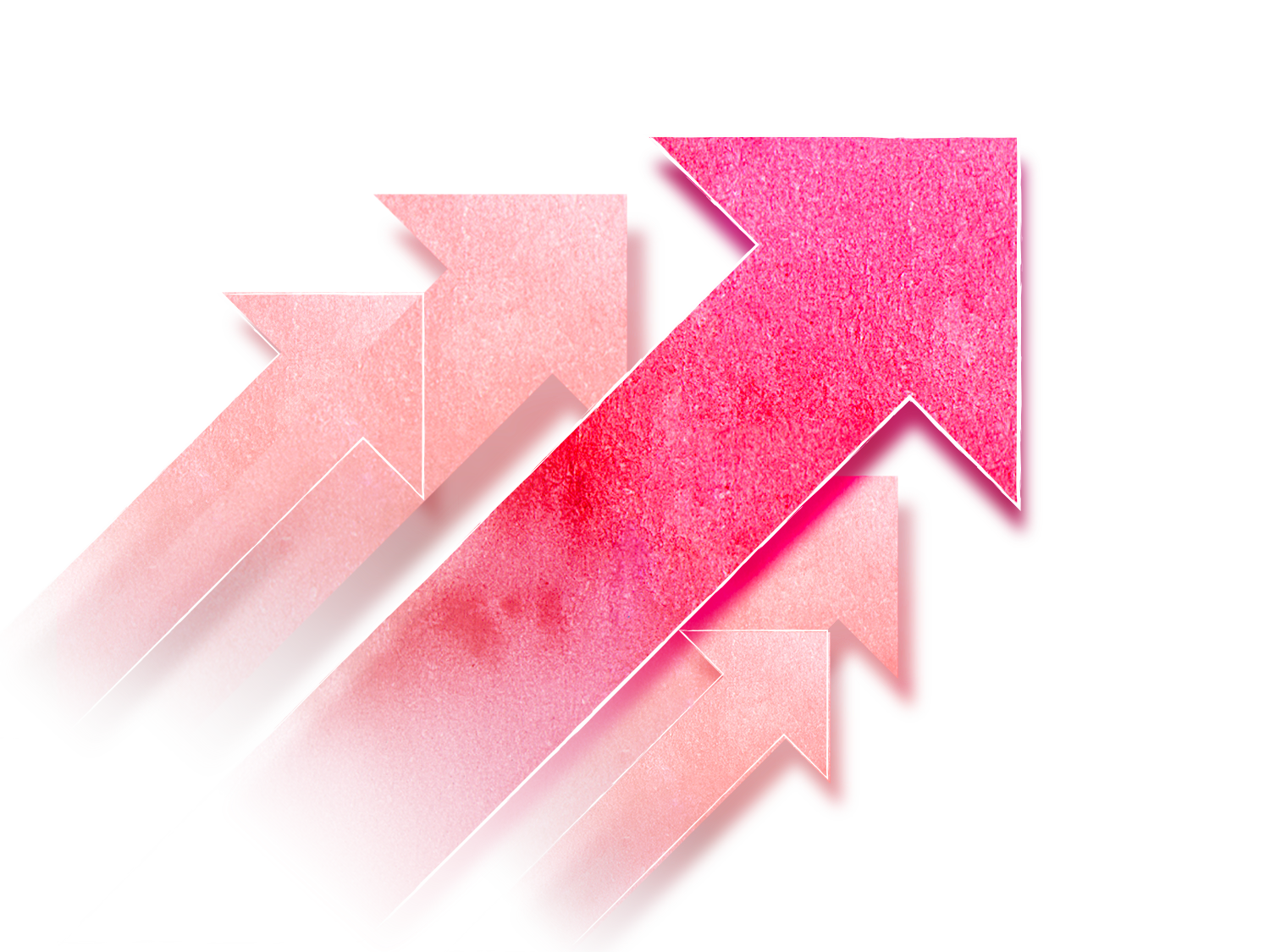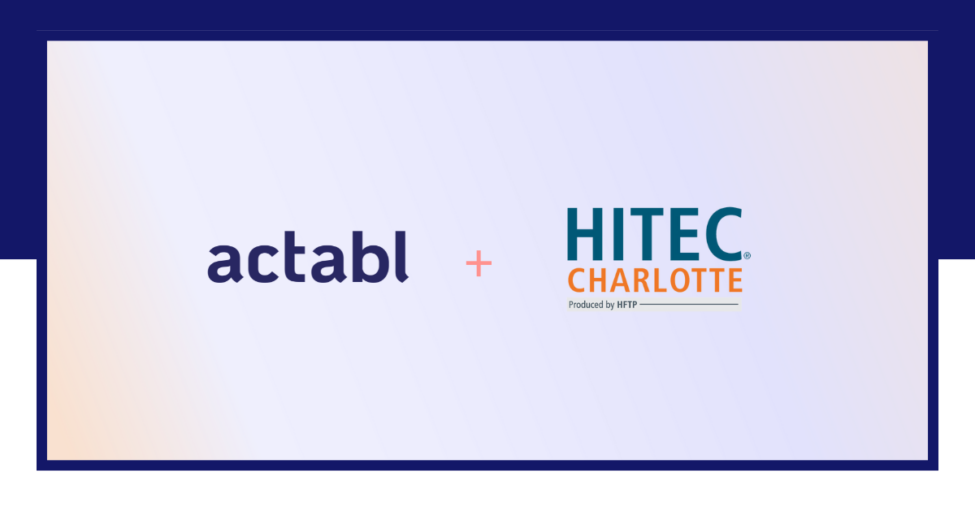
10 Hotel Management Tips to Boost Productivity
The success of a hotel depends on the hard work of its operational teams. The work that front of house and back of house teams do has a huge impact on revenue, loyalty, online reviews, and most importantly, the guest experience.
As a result of COVID-19, many hotels are operating with fewer employees, and productivity can be difficult for lean teams whose employees are forced to wear multiple hats. With the help of hotel operational software, teams can boost their productivity.
Here are 10 tips for hotel managers to boost hotel productivity at their properties:
-
Leverage operations software
Platform-based hotel operations software enables hotel staff to do the most impactful work without all the guesses. Task management, real-time communication and operational analytics reduce the complexity and chaos of hotel operations providing the transparency and flexibility needed to run efficiently.
Operations software keeps a record of every request, every status update, and every hotel guest that is currently staying with you. Cut down on chaos with an organized system for employees to reference and trust when it comes to task management, prioritization, and real time updates.
-
Provide training for employees and invest in your team
Running a hotel requires hospitality managers to trust team members, and one way to build that trust is with employee training. Good hotel management means spending time getting all staff members on the same page, with the same SOPs and training material, so that employees can always be productive without hitting roadblocks related to a lack of training. Companies that invest more in employee training have a 24% higher profit margin than those that don’t.
Additionally, invest in your team by making sure every department in your hotel has the proper tools they need to do their day-to-day jobs. This can be as easy as making sure your housekeeping team always has the proper supplies (including PPE!), or that the front desk always has pens, paper and stationary available.
-
Streamline cross-departmental communication
Communication is the key to any good relationship, and in the hotel industry that means departments need to have open lines of communication. Gaps in communication stymie progress, so it is a good idea for hotels to leverage hotel operations software. Streamlined communication means eliminating extra follow-up phone calls, post-its, or not knowing the status of a task.
Here are four tips for seamless hotel employee communication.
-
Run regular reports
Any hotel manager can tell you that they run reports daily (anyone out there running hourly reports?!). Reporting is a big part of a hotel manager’s job. The nature of these reports can range from the number of occupied hotel rooms to inventory supply over the past year.
Running reports is a good way for hoteliers to not only keep an eye on their hotel’s business, but also a way to track productivity. It’s important to measure what you manage and use your hotel’s information to make data-driven decisions.
-
Embrace checklists
Checklists come in handy at the individual contributor and management level. They range from simple reminders, to step-by-step guides for new procedures, to training manuals for new employees. Never underestimate the power and importance of checklists, especially for hoteliers. Checklists can improve productivity by making sure a job is done properly the first time around.
-
Automate Preventative Maintenance
Preventative maintenance is one of the most important tasks within a hotel. Preventative maintenance has a direct impact on safety, your hotel’s bottom line, and guest satisfaction. Automating preventative maintenance increases productivity at your hotel because automated reminders provide engineers with accurate timelines for checking up on each piece of equipment within your hotel. Continually checking on equipment can be a waste of time, but forgetting to check on your hotel’s most expensive pieces of equipment is not only dangerous, but can also be costly.
-
Automate messaging
By automating messaging, front of house employees can save hours of their time. They can use these hours to focus on the guest service needs that can’t be done digitally. In ALICE Guest Messaging, messages can be automatically sent before, during or after a guest’s stay. Messages can also be programmed to be sent as a follow-up.
Templated messaging is a good way to ensure brand consistency and professionalism. Use these templates to communicate with your guests.
-
Keep all of your guest services information in one place
Platform technology and APIs enable hotels to keep all of their vendor information in one place. ALICE Guest Services has integrations with Google Places and OpenTable (and many other programs), which gives guest service agents the ability to browse restaurants / attractions all within ALICE, and they can also make reservations for guests. After having made reservations they can also email or print confirmations for guests. By having information in one place, without having to switch between programs, concierges and guest service providers are able to be much more productive.
-
Create a proactive work culture
Engaged employees are productive employees. Keep your employees engaged by recognizing their efforts and rewarding top performers. Hotel operations software can play a role in this with reporting — it can highlight your top performers that might have been flying under the radar. Acting proactively, instead of reactively keeps everyone ahead of the game.
-
Use housekeeping software to auto-assign rooms
ALICE Housekeeping auto-assigns rooms and provides options for mobile reassignment. It streamlines the tasks of managers, supervisors, and room attendants. Read our latest case study to learn how Coast Hotels housekeeping managers saved 448 hours annually with auto-assignment.







